Balance and Dizziness Treatment in Denver and Surrounding Areas
Dizziness is an incredibly common ailment, but when you’re in the thick of its symptoms, it can feel like you’re all alone.
Without proper testing, many people continue to suffer with dizziness, vertigo, and balance issues for years. At Colorado Ear Care, with clinics in Arvada, Castle Rock, Greeley, Lakewood, and Louisville, we offer comprehensive balance (vestibular) testing and personalized treatment plans to help you get back to doing the things you love.
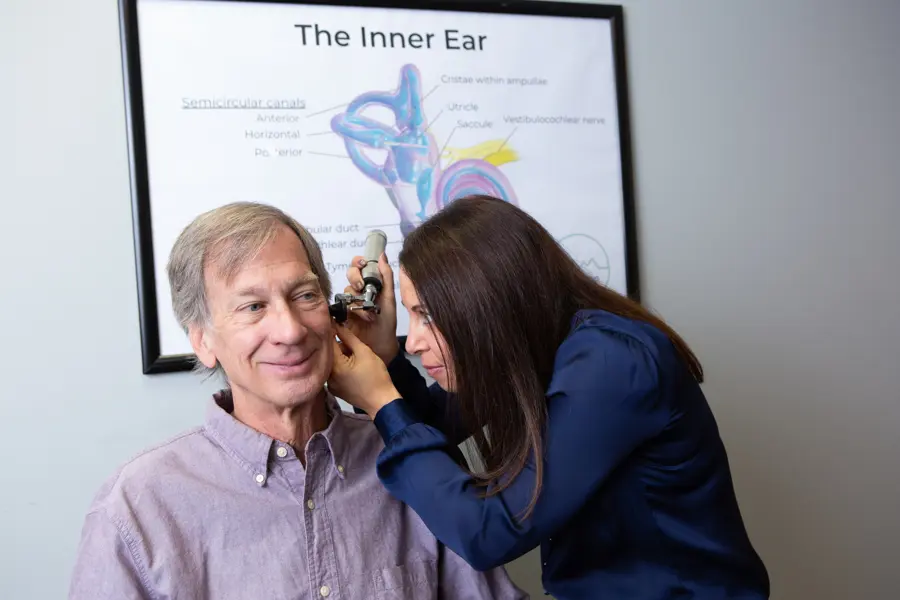
Equilibrium Disorders
There are two main types of equilibrium disorders. Motion intolerance describes that dizzy or off-balance feeling when you move your head or turn too fast. Unsteadiness and imbalance refer to difficulty keeping balance or being more at risk of falling.
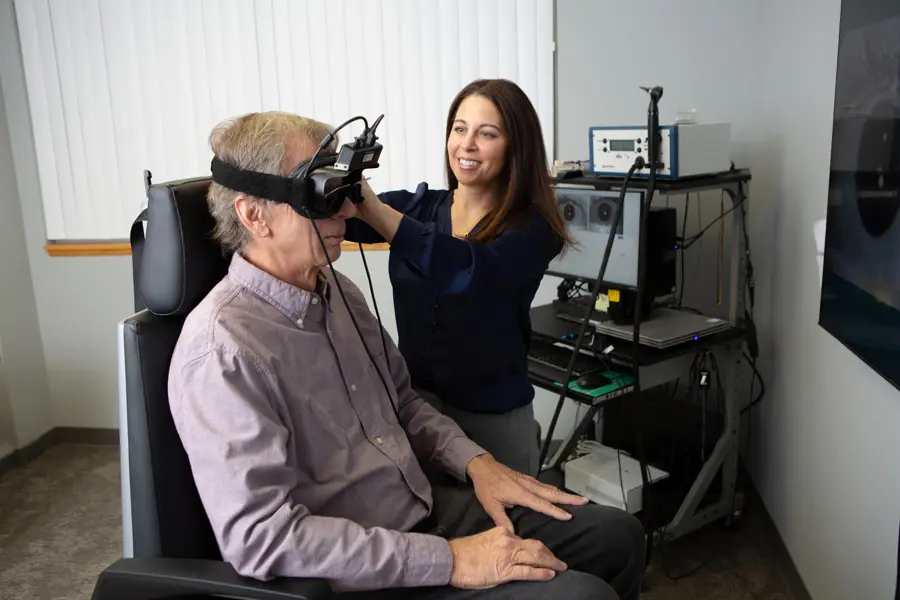
Balance Disorder Testing
Today’s testing capabilities are able to identify 90% of all causes of dizziness, and with the right care, diagnosis, treatment, and therapy, a more stable and active life can usually be achieved.
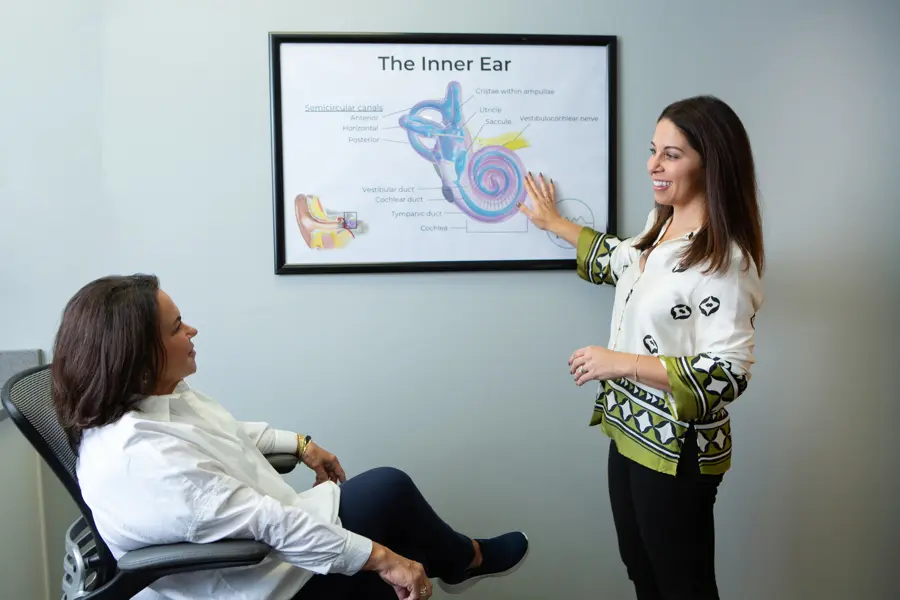
BPPV
Benign paroxysmal positional vertigo (BPPV) describes a type of vertigo that makes it feel like the world is spinning out of control as you move your head, tilting, on your side, or back.

Fall Risk Prevention
Falls can cause a hip fracture or even death. Take the proper measures to make sure you minimize the risk of imbalance and unsteadiness.
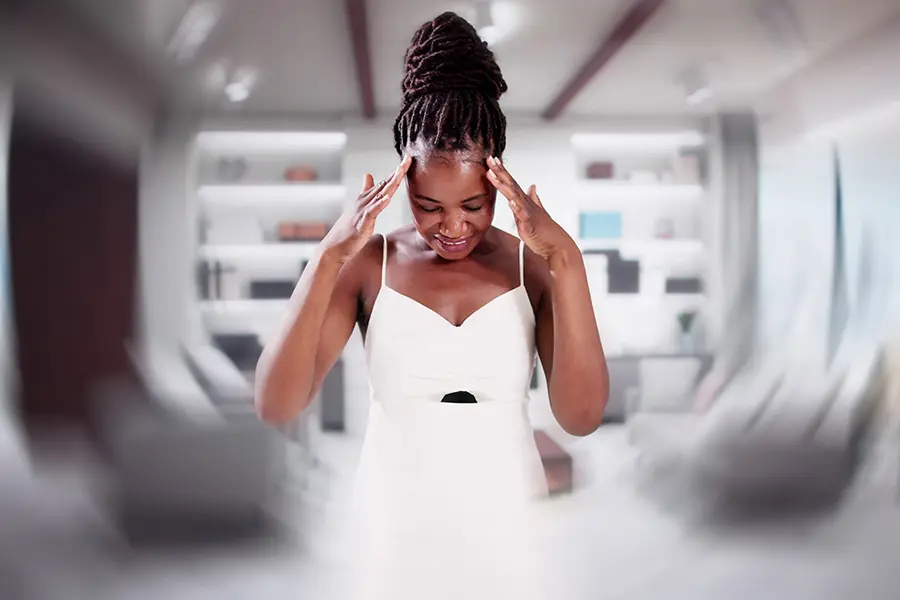
Treatment Options for Dizziness and Imbalance
There are great treatment options for people who suffer from dizziness and imbalance. Most of these treatments don’t require pharmaceuticals, are non-invasive, and are very cost-effective.
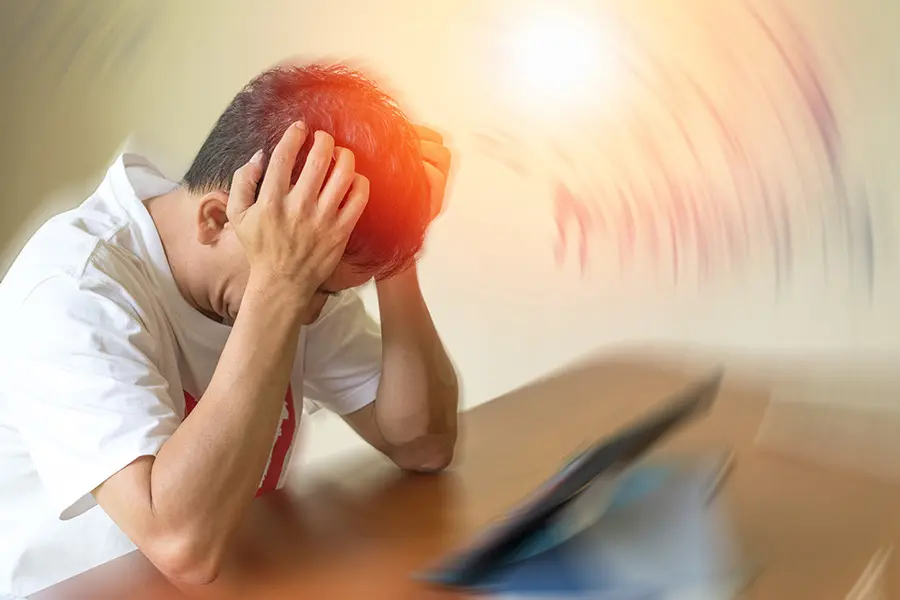
Concussions & Balance/Dizziness
Concussions can occur after an impact to your head. They typically manifest with symptoms including blurred vision, nausea, headaches, and balance issues.

